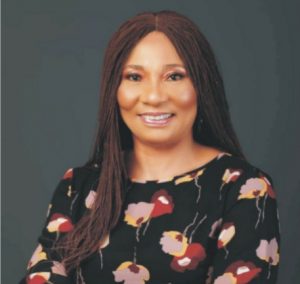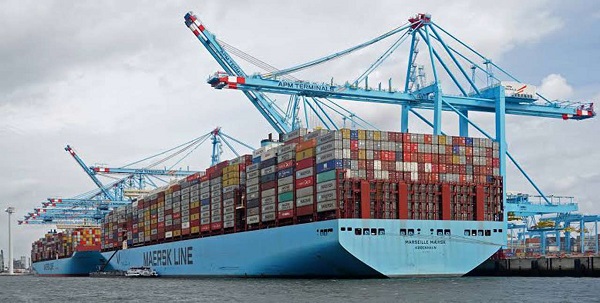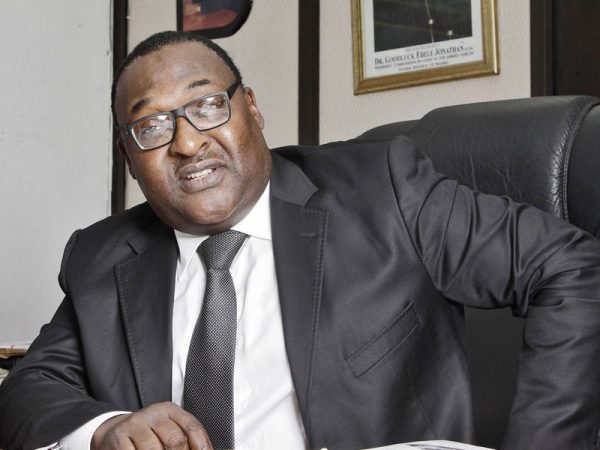Blue Economy Can Reduce Poverty In Africa – WISTA

By Kenneth Jukpor
Blue economy has been described as a viable tool to correct the high poverty margins in Africa, if the potentials in the sector are harnessed optimally.
Women’s International Shipping and Trading Association (WISTA) Nigeria stressed this during an online conference yesterday, to mark the 2020 African Day of the Seas and Oceans.
In her welcome address, President of WISTA Nigeria, Mrs Eunice Ezeoke, stressed that Africa needs to effectively manage her oceans and seas for the benefit of her teeming population adding that this year’s theme “Innovation for a Sustainable Ocean,” is apt.
“This will reduce poverty in the continent as well as bring her closer to the realisation of the “Agenda 2063” and that is the Africa we want. There is a need for Africa to increase her Sea Based Trade. For example; of the world’s 90% international trade carried by sea, Africa handled only 6%.”
Ezeoke also added that the celebration aimed at sensitization and education on the impact of human actions on the ocean and seas.
Meanwhile, one of the speakers posited that Nigeria would be better positioned to harness the potentials of blue economy if the Federal Government created a specific Ministry for Maritime.
Delivering a paper at the event, Barr. Tosan Edodo-Emore stressed this, stating that it was needful for Nigeria to have a Ministry of Maritime Affairs focused on coordinating aquatic activities and other aspects of maritime.
She noted that the Ministry of Transportation is heavily involved in the massive rail and road infrastructure development, adding that a Maritime Ministry could concentrate on data collection, ocean industries, maritime education, infrastructure and policy development.
According to Edodo-Emore, the Federal Government should emulate the same approach which led to a distinct Ministry for Aviation despite the sector previously placed under Ministry of Transportation.
She also opined that strategies to combat Illegal, Unreported and Unregulated (IUU) fishing, which is a known global problem, should involve licensing and control of vessels allowed to fish by Flag States as well as surveillance and interception of such fishing vessels.
In her paper, Dr. Felicia Mogo, described the blue economy as Africa’s renaissance, even as she called for strengthened synergy among all relevant stakeholders in the maritime industry.
Dr. Mogo said that a sustainable use of the ocean resources was important for growing fisheries, tourism, and marine transportation.
In the areas of responsibility on the part of government agencies in the sector, Mogo said that the Nigerian Maritime Administration and Safety Agency (NIMASA), where she oversees the marine environment department, had established a management structure for marine litter management.
Under that structure, according to Dr. Mogo, there are community engagements where people within coastal areas do clean ups of the marine environment and get paid some stipend to encourage them.
She also disclosed that a joint taskforce team by the NIMASA and the Nigerian Ports Authority (NPA) had been working to ensure proper ballast water management as the team oversees activities at the designated area for the ballast water exchange.
The discussion at the conference also recognised that Africa’s seas and oceans serve for overall sustainability of livelihood providing food, medicine and huge support for the air in the environment.







